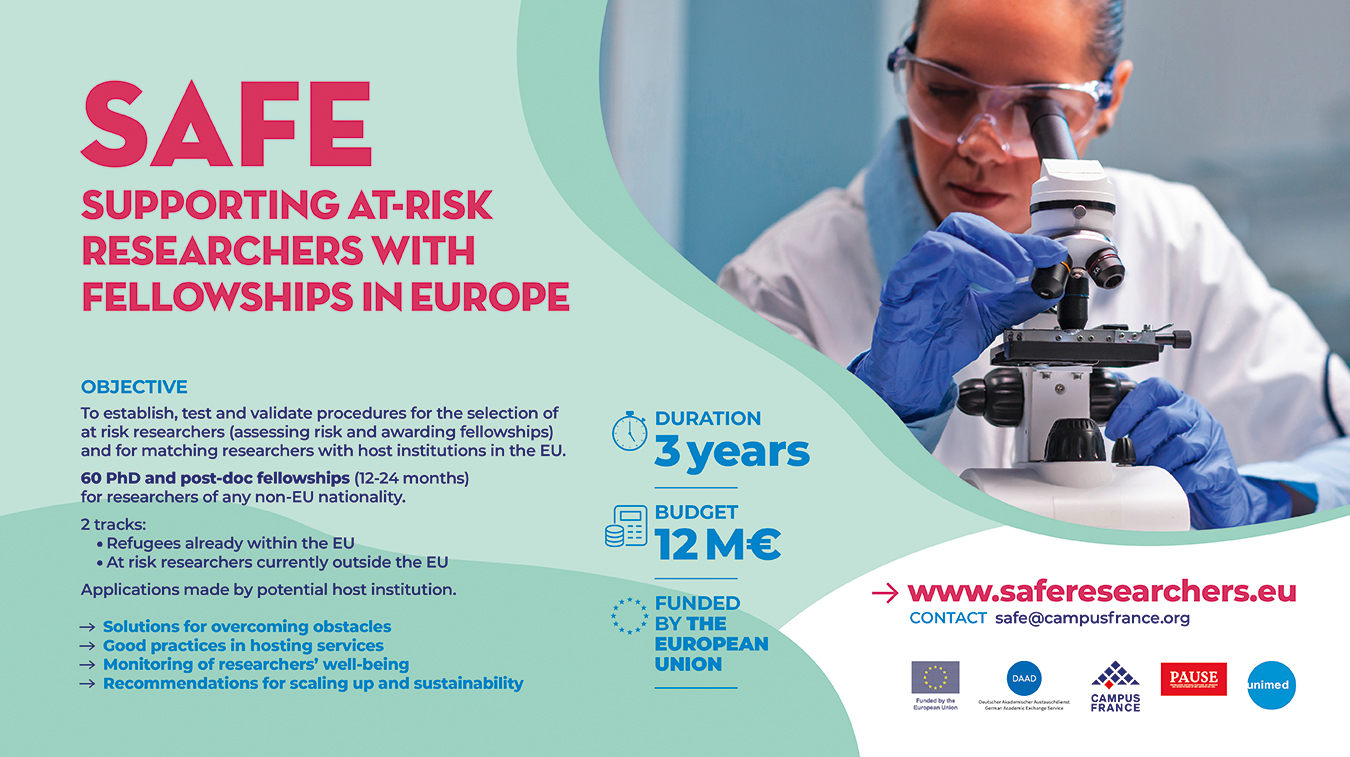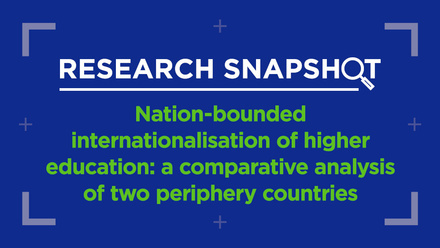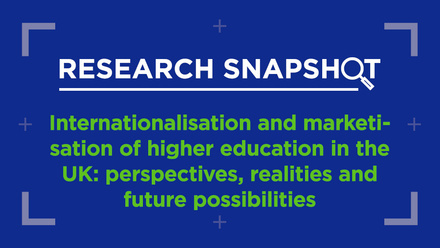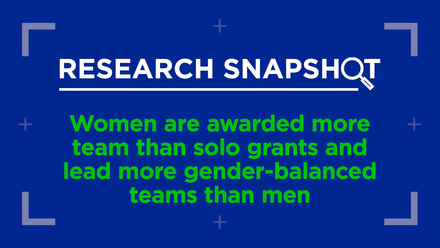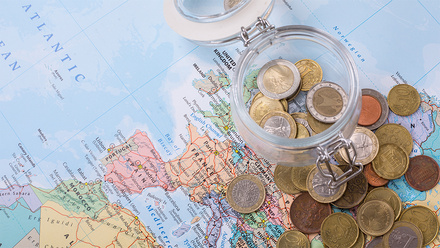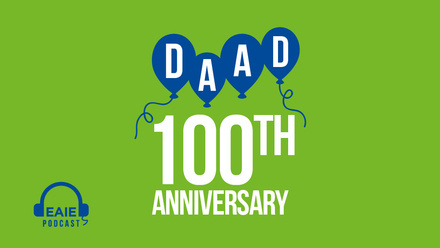Supporting at-risk researchers in Europe

During the 34th Annual EAIE Conference and Exhibition in Toulouse, Campus France — the French national agency in charge of the promotion of French higher education abroad, international mobility and the hosting of international students and researchers — presented a poster on the SAFE project (Supporting at-risk researchers with fellowships in Europe). The session explored issues relating to the hosting of academics in danger and shed light on this new EU-funded initiative. This blog post presents the poster and draws out important details and concepts.
In an evolving global context of wars, geopolitical crises, political upheaval and declining academic freedom, there is an ever-increasing need to offer researchers at risk an opportunity to continue their work in a secure environment. According to the Academic Freedom Index Update 2024, 45.5% of the world’s population is living in a country where academic freedom is completely restricted.
SAFE offers up to 60 fellowships to doctoral and postdoctoral researchers of any non-EU nationality that face threats in their home country.
In response to this growing need to provide a refuge to researchers that are the targets of political persecution and violence, the SAFE project is developing, implementing and testing an EU-funded fellowship scheme to integrate researchers who are in danger into host institutions in Europe.
This €12m pilot project, funded by the European Union for a duration of three years (2024–2027), is implemented by DAAD (lead, Germany), Campus France (France), the PAUSE programme (hosted by the Collège de France, France) and UNIMED (Italy). SAFE offers up to 60 fellowships to doctoral and postdoctoral researchers of any non-EU nationality that face threats in their home country.
The poster session at the 34th Annual EAIE Conference and Exhibition in September 2024 supported interaction and exchange with stakeholders from different countries on the SAFE initiative, as well as on the wider context of researchers in conflict-affected countries and the persecution of academics. In addition, we discussed strategies for overcoming obstacles in implementing programmes for researchers in danger, good practices in hosting services and recommendations for scaling-up and sustainability.
Quality of hosting services
Whilst SAFE applications are judged on a variety of criteria, including the level of risk faced by the researcher, academic excellence and the proposed research project, the quality of the hosting services is also an important element of the evaluation process. At-risk scholars require support ranging from practical assistance with administrative and visa procedures, accommodation and family services, to trauma counselling, psychological follow-up, language tuition, academic training and help with future career plans. The sharing of experience amongst the SAFE beneficiaries (host institutions and researchers) aims to foster better understanding of the target group’s needs and reinforce the quality of the support measures provided. Regular monitoring of the fellows’ well-being and academic achievements is also expected to contribute to the success of the researchers’ stays.
Sustainability of actions
Ensuring the sustainability of initiatives that offer support to at-risk populations is a challenge. Setting out plans for what happens after programme funding ends needs to be considered during the initial development phase. As a pilot scheme, SAFE will capitalise on the project's experience and formulate recommendations with a view to establishing a permanent European mechanism dedicated to at-risk researchers.
New developments: call for applications and matchmaking service
Since the EAIE Conference in Toulouse, the SAFE team has launched a call for applications that will remain open until 20 January 2025. Host institutions based in the EU are invited to apply on behalf of researchers under threat (one application per institution). The project also proposes an optional matchmaking service to connect at-risk researchers from outside of Europe and potential host institutions in the EU.
